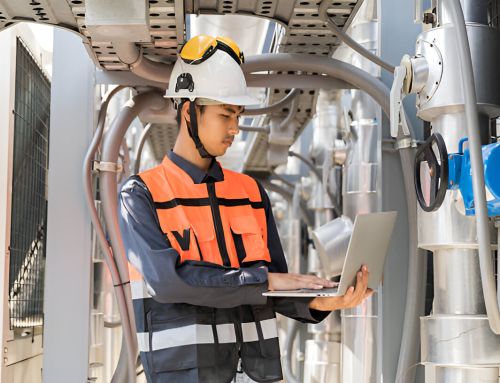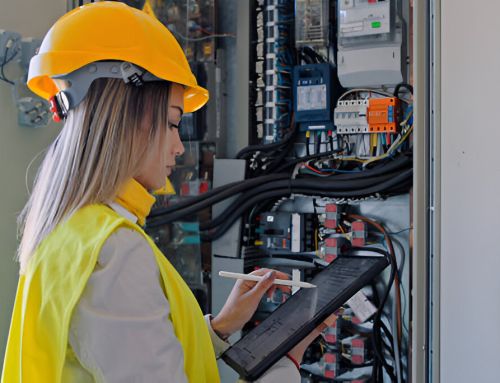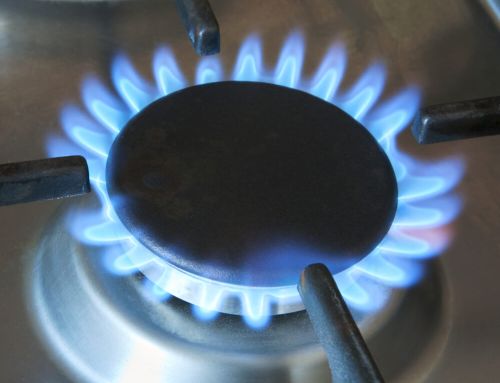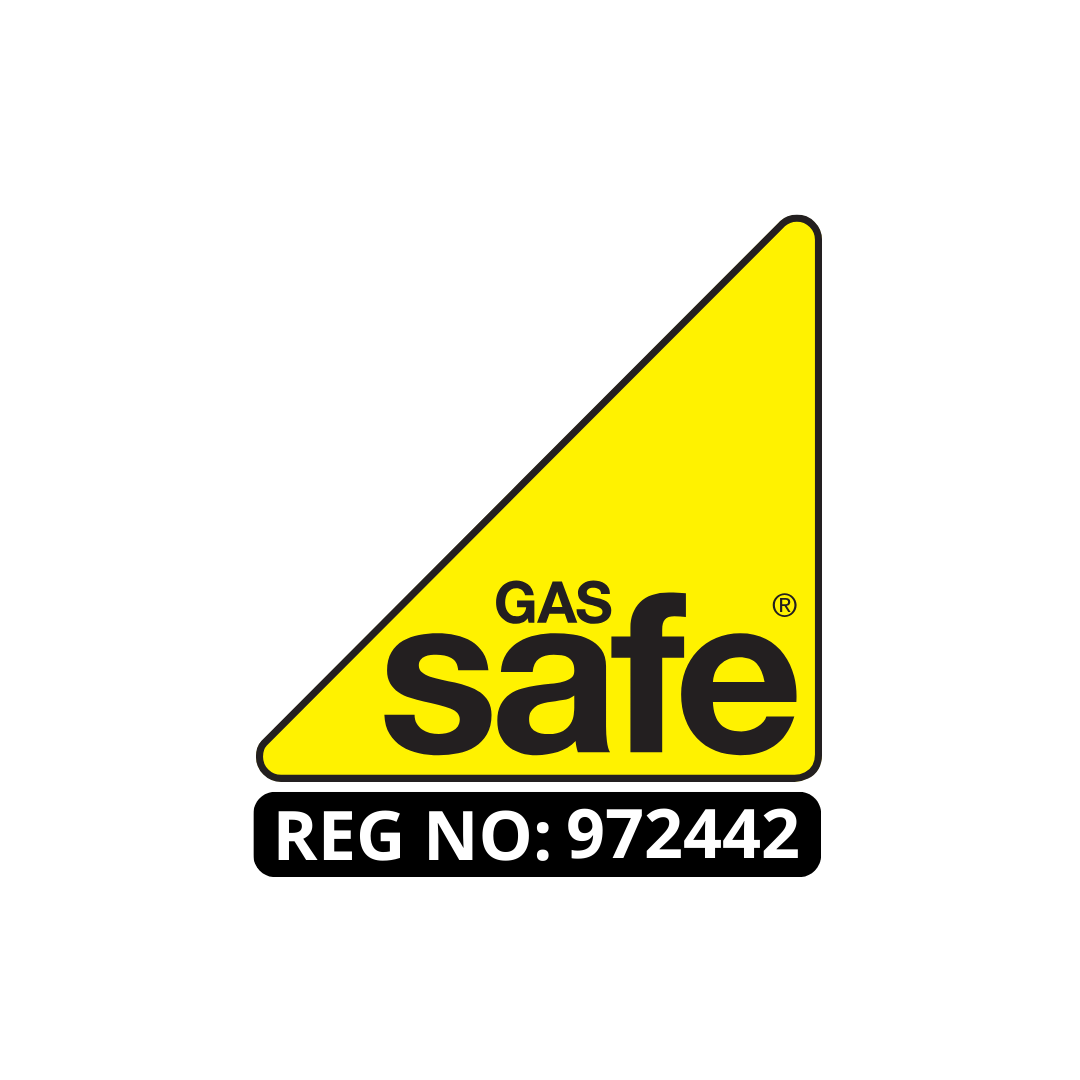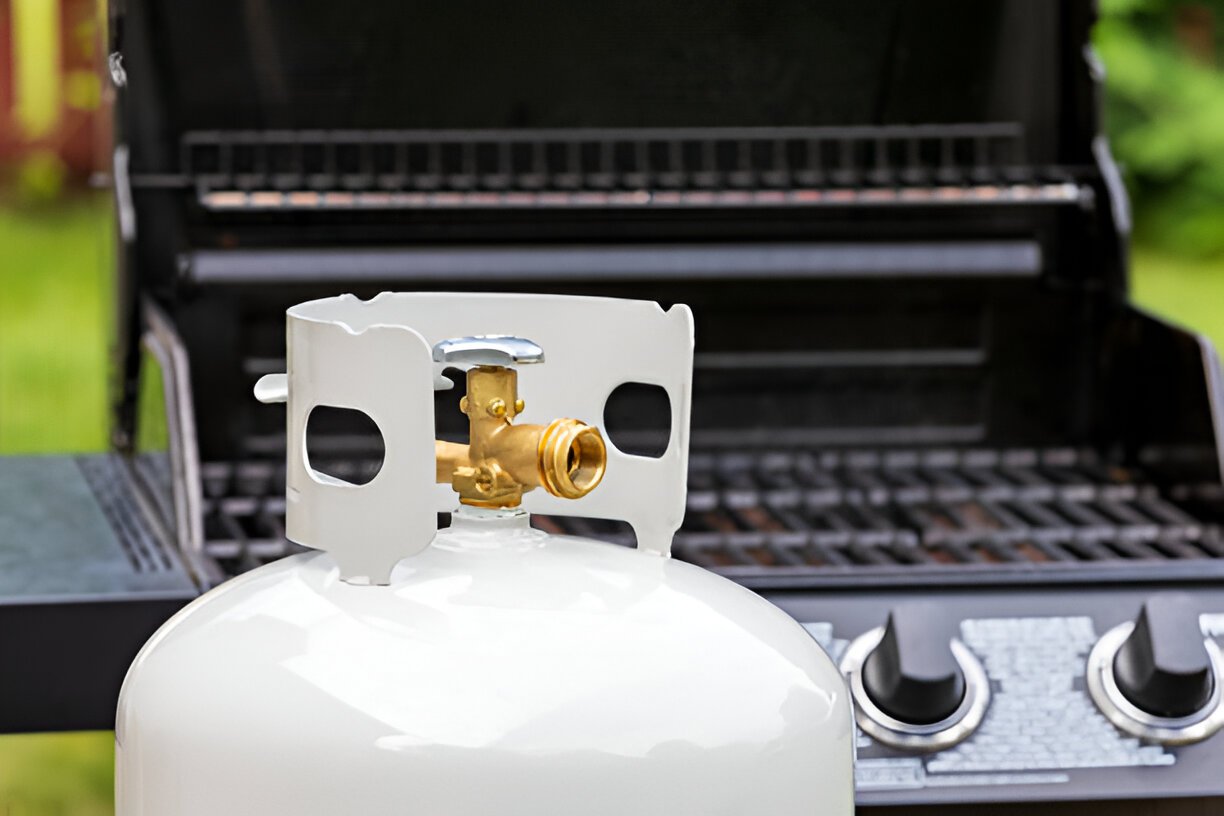
Drawing on the wisdom of Benjamin Franklin’s famous saying, ‘An ounce of prevention is worth a pound of cure,’ I can’t help but relate it to the need for gas safety certificates for new appliances.
You’d think new means safe, right? Yet, not all is as it seems. The installation process for these new appliances can be fraught with potential hazards.
So, are gas safety certificates required for these shiny new appliances? To unravel this safety conundrum and shed light on the overlooked risks, let’s dive deeper into the matter.
Understanding Gas Safety Regulations
Navigating the intricacies of Gas Safety Regulations is essential to ensure the secure use of gas in residential and commercial properties in the UK.
As a landlord, it’s crucial to be aware of my responsibilities under these regulations. I must ensure an annual inspection of all gas appliances, following a thorough checklist. This inspection should be carried out by a certified professional and focuses on the maintenance of gas appliances.
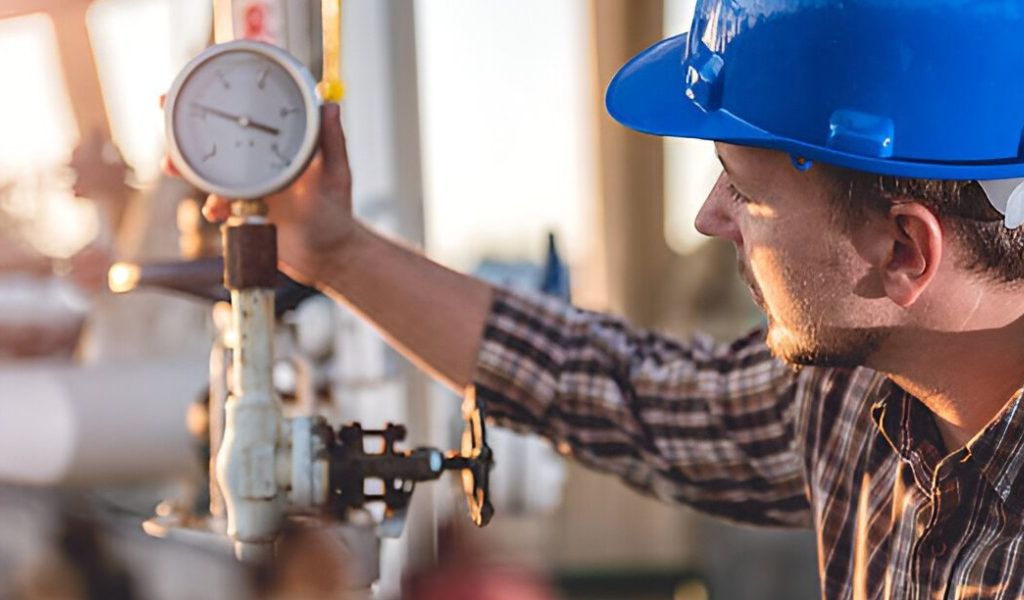
Adhering to gas safety standards isn’t only a legal requirement but also a vital aspect of ensuring tenant safety. The key to achieving this is developing a strong gas safety awareness, understanding the potential dangers and the importance of regular inspections.
It’s about more than compliance—it’s about fostering a culture of safety.
Renewal Process of Gas Safety Certificate
Having established a strong understanding of gas safety regulations, let’s now turn our attention to the renewal process of the Gas Safety Certificate. The renewal flexibility introduced by the amendment of 2018 allows landlords to renew their certificates without affecting the validity period. This period remains consistent, with the certificate staying valid until the same date the following year.
Landlord responsibilities include ensuring an efficient inspection process, carried out annually by a certified engineer. This process is integral to maintaining safety compliance as it identifies potential gas hazards.
It’s important to note that failing to renew the certificate or ignoring safety regulations can lead to legal consequences. Therefore, keeping up-to-date with renewals isn’t just a safety measure but a legal obligation.
Are gas Safety Certificates required for new appliances?
When you install new gas appliances in your property, it’s crucial to obtain a Gas Safety Certificate to ensure they’re safe and compliant with gas regulations.
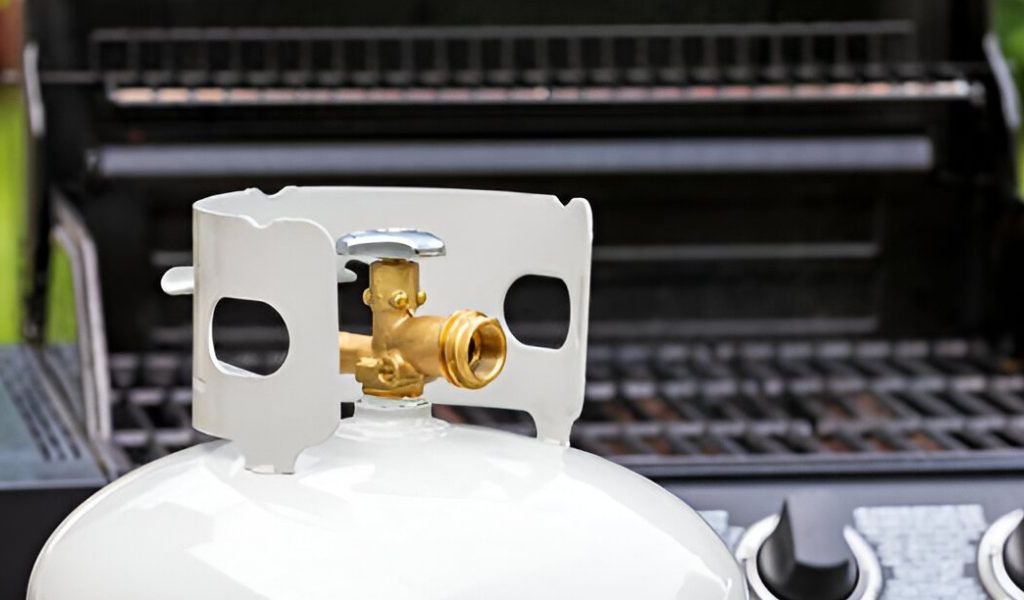
New appliance requirements mandate a thorough safety inspection, adhering to specific criteria. As a landlord, it’s your responsibility to arrange gas appliance testing by a registered engineer. This inspection not only guarantees safety but also complies with legal obligations.
The certificate, once obtained, has a validity period of one year, requiring annual renewals. Failure to adhere can lead to severe penalties. Remember, safety is paramount.
Components of a Gas Safety Certificate
A Gas Safety Certificate, also known as a CP12, encompasses detailed information about the condition and safety compliance of all gas appliances, flues, and fittings in a property. It’s a comprehensive document that underlines appliance maintenance, adherence to safety standards, and installation checks conducted by a certified engineer.
One of the key aspects it covers is gas leakage. The engineer meticulously checks for any signs of leaks that could potentially lead to dangerous situations. Fault detection forms an integral part of this certificate, too. If any faults are identified in the appliances or their installation, they’re clearly listed with the necessary recommendations for rectification.
Essentially, a CP12 is an assurance that the gas system in a property is safe and well-maintained.
Importance and Benefits of Gas Safety
Understanding the importance and benefits of gas safety is crucial, especially for landlords and homeowners with gas appliances in their properties. Adhering to safety standards plays a key role in preventing hazards such as gas leaks and explosions, ensuring tenant safety. It’s not merely about compliance; it’s about safeguarding lives and property.

Landlord obligations include regular inspections of all gas appliances and systems. This not only maintains their optimal performance but also helps detect potential issues early, averting major disasters down the line. Essentially, it’s a proactive approach to property management. Moreover, these inspections provide invaluable peace of mind, knowing that the property is safe for occupancy.
Legal Requirements for Gas Safety Certificates
Navigating the legal requirements for gas safety certificates is essential for landlords, homeowners, and businesses with gas appliances on their premises. New regulations mandate an annual inspection by a Gas Safe registered engineer. This ensures safety compliance with appliance standards and adherence to inspection guidelines.
Landlord responsibilities extend to obtaining a gas safety certificate (CP12), a legal requirement under the Gas Safety (Installation and Use) Regulations 1998. Failure to comply can lead to severe penalties. Yet, these requirements aren’t just for landlords. Even homeowners must prioritize these checks to ensure the safety of their gas appliances. Remember, safety is paramount, and adherence to these regulations guarantees the safe operation of gas appliances.
Our Pricing
| Our Gas Safety Certificate Prices |
|---|
| Gas Safety Certificate 1 Appliance £45 |
| Gas Safety Certificate 2 Appliance £55 |
| Gas Safety Certificate 3 Appliance £65 |
| Gas Safety Certificate & Boiler Service £74.99 |


